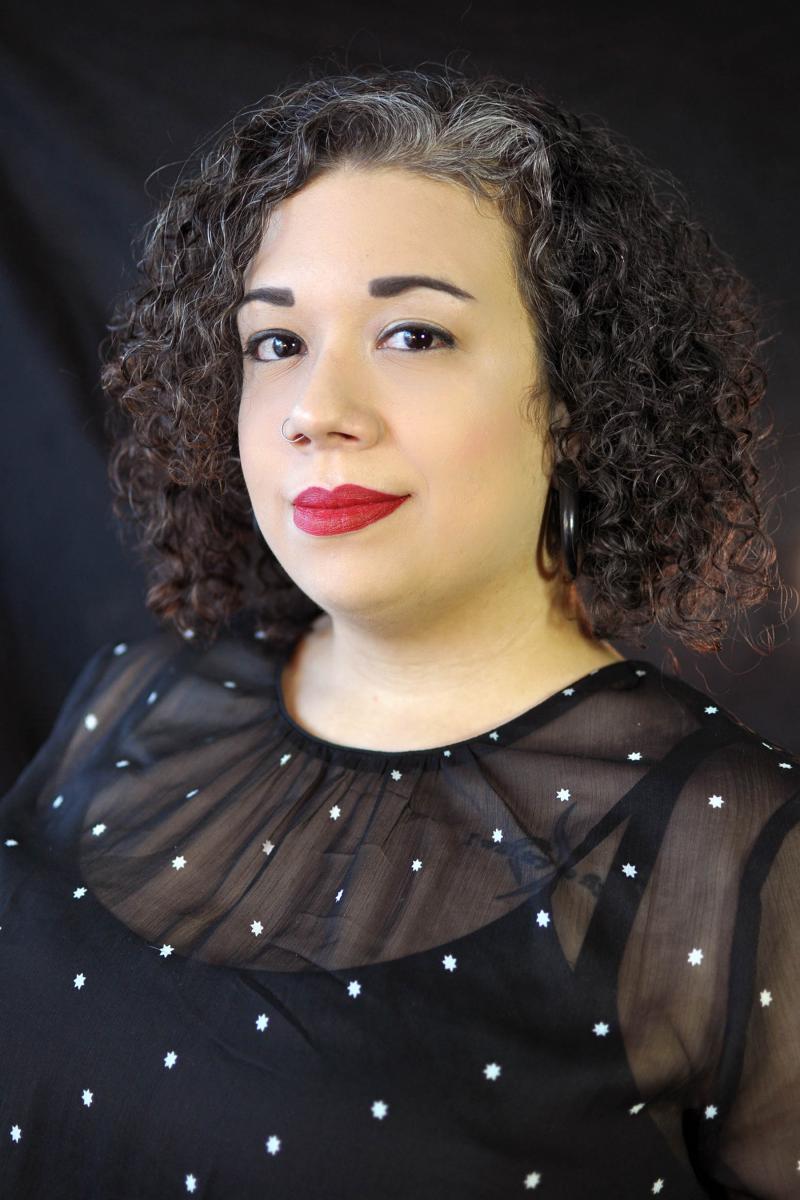“You have to be fine with the healing process being ongoing. It gets easier over time.”
Eileen was sexually and emotionally abused by her father starting at age two and sexually abused by her uncle starting at age four. Her father used threats to prevent her from speaking about the abuse. When her uncle began the abuse, Eileen believed she deserved the pain—that no one ever helped her because she was bad. Her father’s abuse ended when she was ten and her uncle’s abuse ended when she was sixteen.
In college, Eileen started dating someone who became emotionally and sexually abusive. As is often the case in instances of intimate partner sexual violence, her partner used threats and emotional manipulation, such as threatening self-harm, to try to prevent her from leaving. She was eventually able to leave the relationship, but she chose not to report to the police because she felt too ashamed.
It is common for survivors to recall details of past abuse, especially child sexual abuse, as they continue their healing process. This was the case for Eileen when she finally chose to speak about the child sexual abuse in her mid-twenties and experienced a flood of memories.

“There was always that darkness inside me, but I didn’t know the root cause for all of it. The floodgates of my memory opened. I spent most of my 20s in a lot of pain and trying to find my way out.”
Some of Eileen’s family members believed her when she disclosed her father and uncle’s abuse, and others didn’t. “My aunt straight-up said ‘you’re lying.’ It was exactly what I had been afraid of my entire childhood.”
Because of the abuse, Eileen experienced PTSD, depression, self-harm, and life-threatening anorexia and bulimia. Eileen found therapy helpful and began attending a counseling group where she met a friend who had similar experiences. Connecting with this friend gave Eileen inspiration and encouragement. “If she can keep going, then I can keep going.”
Eileen was devastated when she learned that her friend committed suicide. “Her mother told me ‘please don’t give up, for her please don’t give up.’ I wanted to put all that miserable, sad energy into something and get to a better place.”